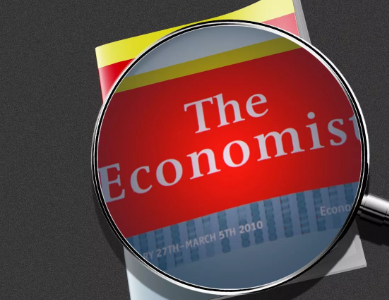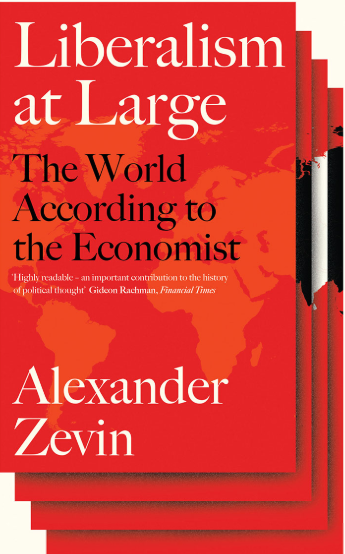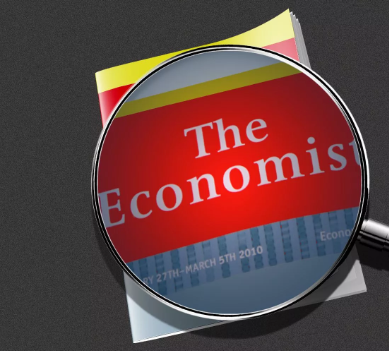
Economist’s influence



The modern liberalism since 1843, The Economist has been the single most devoted and influential champion of liberalism anywhere in the world. Today, neither economic crisis at home nor permanent warfare abroad, has dimmed the Economist’s belief in unfettered markets, limited government and a free hand for the West.
The history of liberalism is on the move confronting the challenges that left unresolved the rise of democracy, the expansion of the empire, the ascendancy of finance. Alexander Zevin, a confidante to the powerful, emissary for the financial sector, a portal into international affairs, the bestselling newsweekly shapes the world its readers inhabit. This pioneering critical biography of one of the architects of a liberal world order now under increasing strain.
Zevin reveals the profound contradictions at the heart of one of the most influential strands of liberalism, its supposed aversion to state power, the historical, ideological power, is permanently changed, neoliberalism and consistent embrace of imperial might.
The Economist appeared to be an operating manual for the movers and shakers of the post-1989 world, has vigorously claimed to be advancing the liberal cause since its founding, Zevin takes it at its word, telling the story of the magazine itself and its impact on world affairs.
The Economist emerges as a force that – thanks to the military, cultural and economic power of Britain and later, America can truly be said to have made the modern world if not in the way many liberals would suppose”.
Since its founding the Economist has omniscience, that its articles are unsigned. Editors and writers work anonymously in London and in 21 bureaus across the world, despatching summaries and social reports on global affairs in imperious or complacent tones. World leaders and business executives pay tribute at its offices and each year Britain’s chancellor of the exchequer invites the first US president to write a signed editorial for it.
World leaders and business executives pay tribute at its offices and each year Britain’s chancellor of the exchequer invites the editors to Downing Street to discuss the Budget. In 2016, Barack Obama became the first US president to write a signed editorial for it.
Former subscribers range from Marx to Mussolini and Fredrich Hayek, Franklin D Roosevelt and Hitler’s finance minister, boasting a circulation of around 860, 000.
On 15 September 2018, as the title celebrated its 175th anniversary, “ We were created 175 years ago to campaign for liberalism” as that week’s editorial read “ Liberalism made the modern world, but the modern world is turning against it. For the Economist this is profoundly worrying.”
Liberalism at Large: The World According to the Economist by Alexander Zevin, Verso £25, 538 pages.
